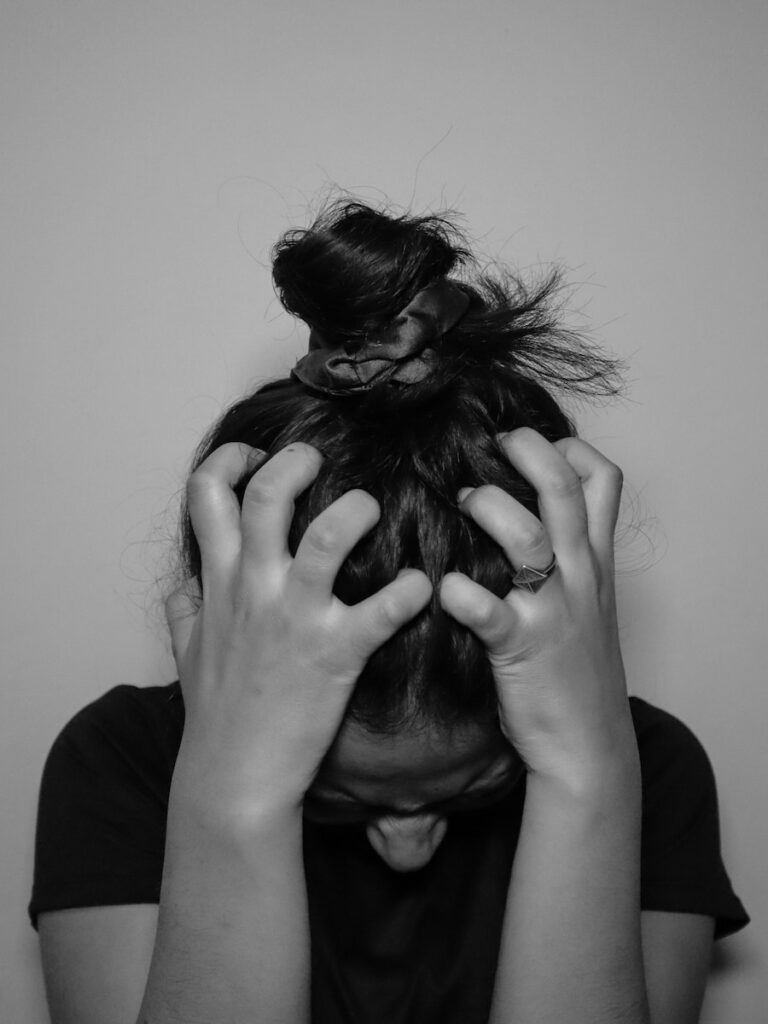Fatigue is a common concern around perimenopause and midlife for women. I recently spoke with group of perimenopausal women, and this was one of the first questions I got!
During perimenopause, our estrogen and progesterone levels start to decline. Our estrogen level rises and falls in an erratic fashion and can vary by menstrual cycle. Our testosterone level declines as we age from a peak testosterone in our 20s. These hormonal changes can affect how our other glands function including our adrenals and thyroid which help modulate stress, energy, metabolism, among other functions.
Poor sleep obviously contributes to fatigue. One way estrogen is thought to affect quality of sleep is by causing night sweats that are disruptive. Insomnia in general can be common in midlife with a lot of women reporting waking early in the morning (think 2 or 3 AM) and having difficulty returning to sleep for hours. I’ve experienced this myself. Other causes of poor sleep include medical conditions like sleep apnea, sleep disorders, anxiety, depression, stress, and medications.
Our physical energy is impacted by hormonal levels with more perimenopausal women reporting becoming more tired from physical exertion and taking longer to bounce back from exercise.

Mental fatigue can cause difficulty concentrating, thinking, remembering, and making decisions. This can be impacted by poor sleep, but also by stress in our lives. Perimenopausal women are often in the busiest seasons of their lives: working, caring for kids and possibly aging parents. Even when their life partners help out with household tasks, a lot of the mental work falls to women such as meal planning, doctor appointments, and school obligations for kids—the list is long!
You shouldn’t just chalk up your fatigue to perimenopause/menopause. Medical conditions and vitamin deficiencies can cause fatigue, so it’s important to see your doctor to rule out other causes.
What can I do to help with my fatigue?
- Exercise
- Treat night sweats with hormones to improve sleep–you can read my post on sleep here
- Limit caffeine after noon
- Limit alcohol
- Avoid screen time before bed
- Treat underlying anxiety/depression
- Reduce stress
- Try yoga, meditation, tai chi
- Delegate tasks and responsibilities

